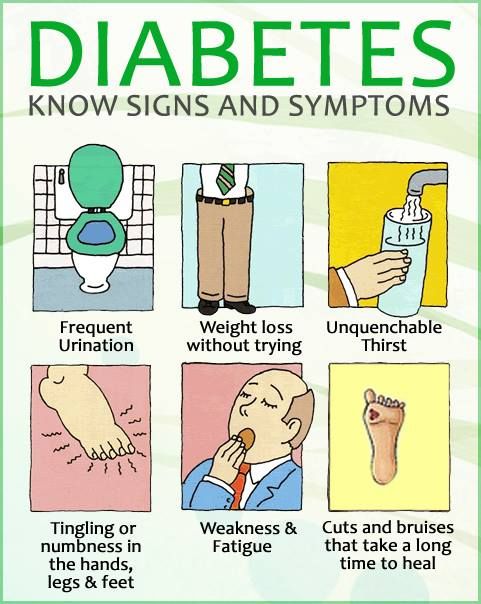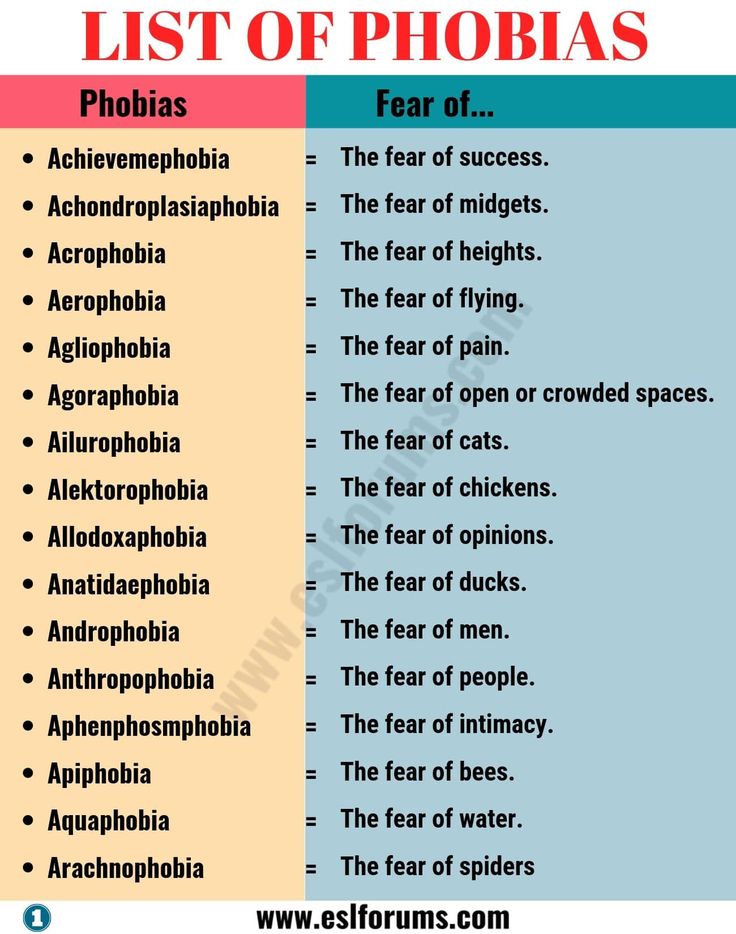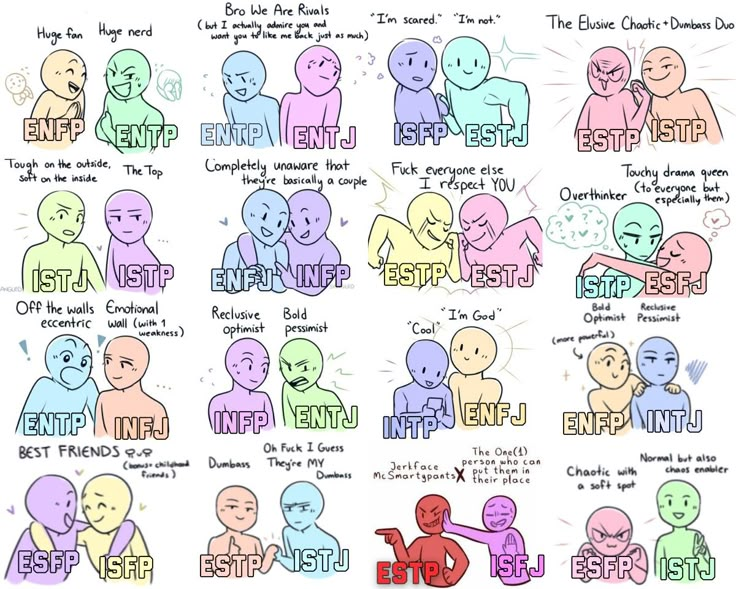Self pity symptoms
Am I depressed? Lazy? Or feeling sorry for myself?
[This column was originally published on September 16, 2019. It was edited on December 16, 2022 and updated with additional resources.]
Dear Maddi,
How do I know if I'm depressed or just lazy or feeling sorry for myself?
Sincerely, Confused
Dear confused, let us have a look at these concepts separately and dig a little deeper to see if we can help you get some clarity.
Depression is a serious debilitating mental illness. It persists for more than two weeks, and it impacts multiple areas of a person's life. Depression is often marked by ongoing feelings of sadness, hopelessness, apathy, fatigue, a fixation on past failures or self-blame, as well as thoughts of death and suicide. It is not uncommon for people with depression to think they are being "lazy" or to hear similar messaging but clinical depression is far from being lazy and it often requires psychological treatment to be managed or resolved.
On the other hand, laziness is a choice not to do something because of the effort involved. It is typically momentary, possibly restricted to a few specific activities and the person does not describe enduring symptoms of depression. It is normal to feel lazy sometimes. We all do. But if it is getting in the way of your life, it might be helpful to understand why. Is it simply the effort involved? Is it because you are not interested in the task? Is there something you fear? There is no magic solution to laziness except to understand it and then make the decision to just do it.
Self-pity can include ruminating over problems, feeling angry about what life has dealt you, craving the sympathy of others, and unfortunately sometimes falling into a pattern of one upping other people's struggles. It is normal to have moments of self-pity, so if you feel the need to throw yourself a little pity party go ahead. Just like any other party, it eventually ends. Self-pity can be self-soothing and can help you accept or change your circumstances but when it becomes a habit it can be quite toxic, and strip you of finding any joy in life. That in itself can lead to depression.
That in itself can lead to depression.
To summarize, it is really the pervasive and prolonged nature of depression that distinguishes it from the momentary moments of laziness or self-pity, which are really just part of being human.
If you feel you might be struggling with depression, do not hesitate to schedule a mental health consult with Counselling and Clinical Services. Our trusted professionals will be happy to help you.
Additional Resources:
-
Article: Does Self-Compassion Mean Letting Yourself Off The Hook by Dr Krsiting Neff.
-
Article: Self-Compassion Is Not Self-Pity by Kristin Neff.
-
Article: You Aren’t Lazy. You Just Need To Slow Down by NPR.
-
Article: The Benefits Of Laziness: Why Being A Lazy Person Can Be Good For You by Ness Labs.
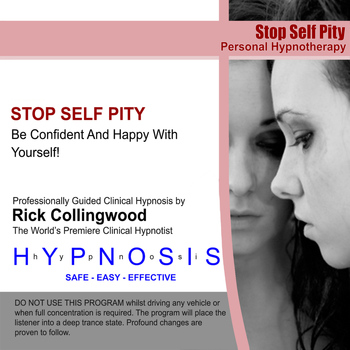
-
Audio Workbook: Antidepressant Skills Workbook (available in English, French, Chinese traditional and simplified, Punjabi, Farsi and Vietnamese) by Dr Dan Bilsker and Dr Randy Paterson from Simon Fraser University.
-
Book: Burnout: The Secret To Unlocking the Stress Cycle by Emily Nagoski, PhD and Amelia Nagoski, DMA.
-
Book: Laziness Does Not Exist by Devon Price, PhD.
-
Book: Mind Over Mood: Change How You Feel By Changing The Way You Think by David Greenberg and Christine Padesky.
-
Book: The Gifts of Imperfection: Let Go Of Who You Think You’re Supposed To Be And Embrace Who You Are by Brene Brown, PhD, LMSW.
-
Handout: Depression (long) by Counselling and Clinical Services.

-
Handout: Depression (short) by Counselling and Clinical Services.
-
Interactive Module: E-couch by ehub Health.
Written by Maddalena (Maddi) Genovese, and edited by Suman Varghese, Counselling and Clinical Services Satellite Psychologists
Dear Maddi… welcomes submissions from students at the University of Alberta! Read more articles and submit your question online.
How to Rethink Self-Pity Symptoms
If you often think “Why does everything bad happen to ME?” you may be feeling self-pity. But you can escape this state of mind.
Many people experience some form of self-pity when life gets stressful. Self-pity is when you’re preoccupied with your own troubles. You feel sorry for yourself.
Sometimes, self-pity is confused for depression. When you’re living with depression, you may sometimes feel pity for yourself.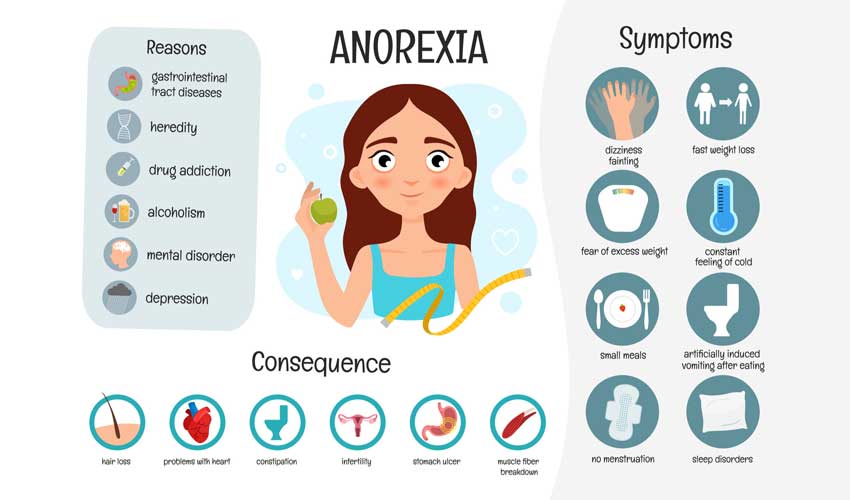
However, feeling self-pity in depression is often secondary to the symptoms of despair, disinterest, and emptiness that come with depression. You can also feel self-pity but not have depression.
While it’s natural to feel a little self-pity at times, staying in this state of mind can prevent you from moving forward and being present.
When you’re wrapped up in self-pity, it can prevent you from “seeing the forest through the trees,” as they say — meaning it may be hard to see past self-pity to the present moment and the joy in everyday life.
“When we don’t get what we want or feel like we weren’t appropriately validated for the work we did, it’s not uncommon to withdraw into a state of self-pity,” explains Dr. Wayne Pernell, a clinical psychologist out of Benicia, California.
Self-pity can make you feel like nothing ever goes your way, and so there’s no point in trying to solve your problems.
It’s an “energy suck,” according to Pernell.
“Self-pity isn’t something a person just suddenly snaps out of,” he says. “Several pints of ice-cream and numerous friends offering supportive comments don’t make it better.”
“Several pints of ice-cream and numerous friends offering supportive comments don’t make it better.”
Validation
Chronic feelings of self-pity may not always stem from an overwhelming amount of stress.
Sometimes, what you’re feeling presents as self-pity, but is really a need for validation.
A need for validation can mean — for good or bad — that you feel you deserve the outcome of events. When something negative happens, you can feel as though it’s because you did something to warrant the unpleasant result.
That negative self-validation can then be reinforced by sympathetic reactions from those around you, creating external validation.
“Self-pity is a form of external validation that something bad has happened to us or that our circumstance is out of our control,” says Rebecca Mores, a licensed psychotherapist in Beverly, Massachusetts.
“The validation happens when a person gets attention from others, reinforcing a way to get attention,” she explains.
“The best way to snap out of self-pity is to have a strategy to interrupt it when you can feel it coming on,” Pernell recommends.
This requires self-awareness to recognize when you’re entering into a self-pity state and allows you to focus on a healthier state of mind: self-compassion.
Research in 2011 suggests self-compassion is made up of three critical components:
- being understanding and kind to yourself during times of failure
- keeping painful thoughts and feelings in a mindful state
- viewing your negative outcomes as part of the overall human experience
Having self-compassion can mean accepting that sometimes “these things happen,” rather than asking yourself: “Why do things always happen to me?”
Perspective
Switching self-pity to self-compassion can start with your perspective. When you’re focused on self-pity, the problems of those around you can seem insignificant.
By reminding yourself that everyone struggles and has stress, you can help shift your perspective.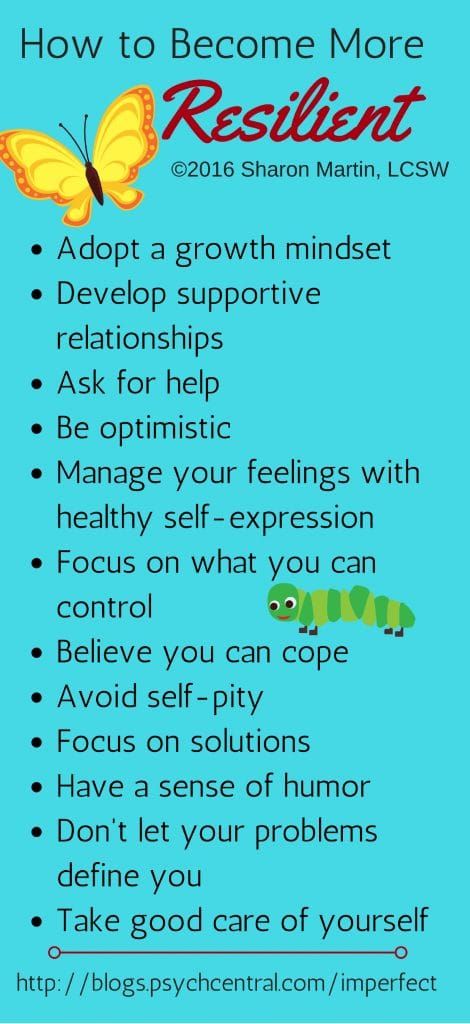 You’re not the only one who faces problems each day.
You’re not the only one who faces problems each day.
If other people can overcome, there’s a chance you can, too.
“Self-pity becomes a negative thing because it maximizes the victim mentality,” Mores says. “If you believe you hold the role of the victim, you are removing your power and personal responsibility.”
Mindfulness
Mindfulness is the practice of allowing thoughts to come and go, without getting “stuck.”
When you practice mindfulness, thoughts of self-pity can surface, but you let them pass rather than allow yourself to dwell on them.
Mindfulness lets you live in the moment and meet all thoughts with curiosity and openness.
Mores states that lingering on self-pity “keeps you stuck in the past, which is also harmful for your self-esteem moving forward. Someone who sits in a perspective of self-pity is unable to take the opportunity to choose happiness because they’re instead choosing to focus on all that has gone wrong.”
Gratitude
Coupling mindfulness with gratitude can help encourage a sense of contentment — the opposite of what happens during self-pity.
Even small moments of enjoyment during the day, like savoring a well-cooked meal, are positive experiences you can be grateful for.
Gratitude may do more than just help you focus on the positive. Recent research suggests gratitude is directly tied to a positive sense of overall well-being.
Similarly, 2019 research found that gratitude has a positive influence on individual aspects of well-being — such as social, emotional, and psychological health.
Connection
Self-pity can be isolating and repel those who’d like to support you.
External validation from others during self-pity can also create a vicious cycle.
You may have told yourself you deserved something negative, and loved ones offered you comfort. Now, to get that comfort again, you may be tempted to come to them with more negativity.
People who care about you can lend a sympathetic ear if you vent productively, and they’re there to help support you through difficult times.
Identifying the sources of your stress briefly and being solution-focused instead of problem-focused can help you overcome challenges in life.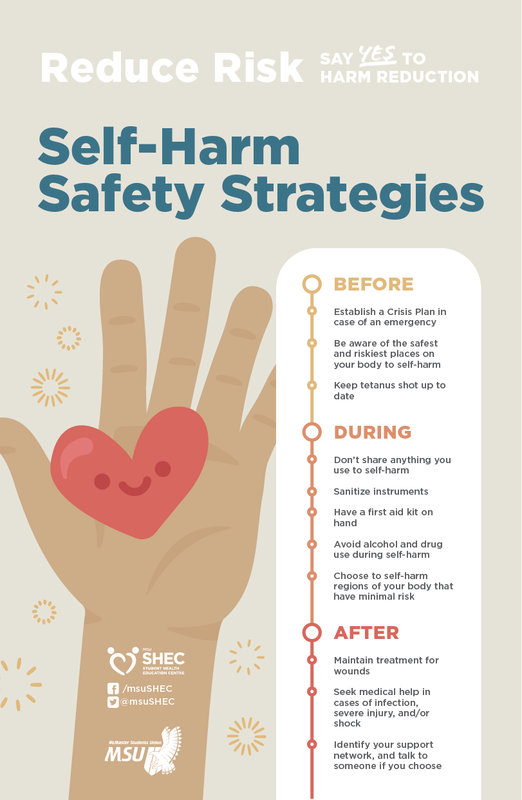
Almost everyone has moments of self-pity. Daily life can be a challenge — and when it rains, it sometimes pours.
Staying wrapped up in those negative feelings can keep you feeling stuck.
“Entertaining a state of self-pity takes you away from your core being, the one who expresses joy in life,” Pernell says.
“The problem with being in a fog is that you can’t always tell when the fog layer will lift, so it feels like it’ll last forever. Then, we humans have a habit of telling ourselves stories to validate what we’re feeling. And that is a negative thing. Because in reality, it’s a lie,” he says.
You can develop the skills to forgive your setbacks and see situations clearly, without a need for validation. Focusing on self-compassion — not self-pity — can help you change your internal narrative.
Self-pity: signs and ways to get rid of it
Recently we told you about the importance of switching from negative to positive thoughts.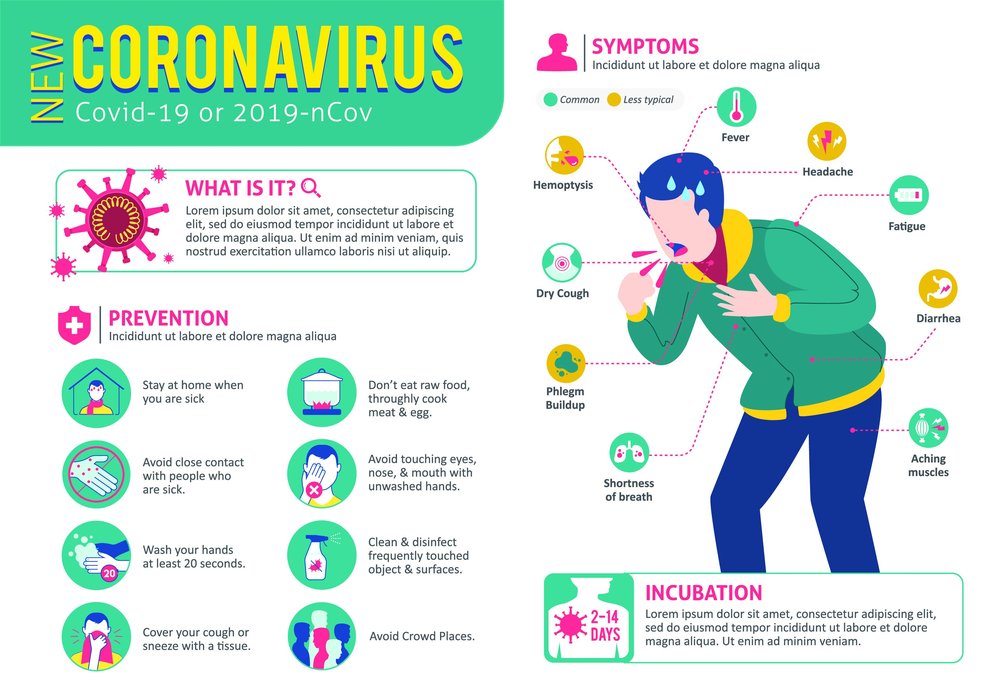 Today we want to take a closer look at one of the sources of the formation of negative consciousness - self-pity. This state has an extremely destructive power, leads to a loss of control over our own lives, makes us unhappy. How to Green tells how to learn to recognize self-pity and not succumb to its attacks. nine0004
Today we want to take a closer look at one of the sources of the formation of negative consciousness - self-pity. This state has an extremely destructive power, leads to a loss of control over our own lives, makes us unhappy. How to Green tells how to learn to recognize self-pity and not succumb to its attacks. nine0004
Almost every one of us sooner or later urgently needs sympathy, feels like a victim of circumstances and hardly accepts unexpected changes in life. A moderate amount of such emotions is not dangerous. This is a completely natural state when accepting a new one and healing spiritual wounds. However, sometimes we get carried away by our own victim consciousness and begin to sabotage ourselves.
6 signs of self-pity
Do you tend to feel sorry for yourself? Below is a list of signs that will help determine if you are predisposed to this condition.
1. You feel like you are not successful and have no potential.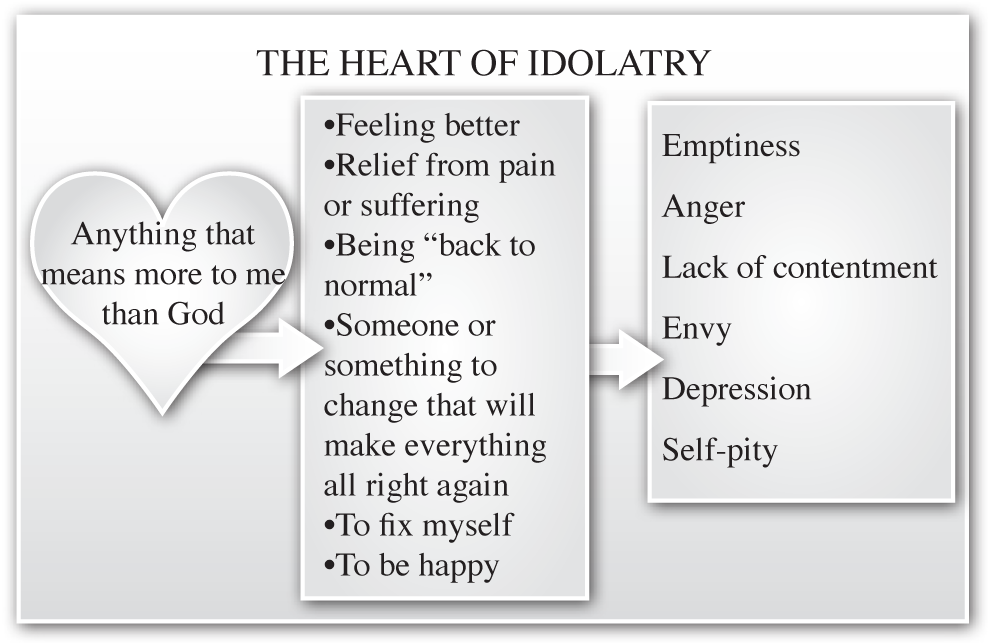
Self-pity manifests itself in a feeling of helplessness and even worthlessness. Through such a prism, the smallest mistake can seem like a real failure. As a rule, feelings of guilt and weakness are not released for a long time, which causes great damage to self-esteem. nine0005
2. You are few and rarely happy.
People whose consciousness is clouded by self-pity become melancholic, stop enjoying life, including laughing at themselves. Their sense of humor seems to be dulled, lightness disappears and deep seriousness shines through in everything.
3. You often feel like a victim of a situation.
The role of the victim is one of the clear signs of self-pity. In all your troubles, someone is always to blame, or circumstances will certainly develop against you. This condition is highly toxic. Losing faith in the ability to control the situation, you completely give up before the far-fetched force of circumstances. nine0005
nine0005
4. It seems to you that you are stuck in a series of difficulties and problems.
This state is akin to a comfort zone. However, the victim is in extremely uncomfortable, but at the same time stable conditions and does not want to change anything. This way of perceiving reality makes it impossible for any development, correction of the situation for the better.
5. You are dependent on the sympathy and compassion of others.
The support of loved ones in difficult moments of life is necessary for everyone. However, some become truly addicted to such outpourings. They literally feed emotionally by telling others about how difficult they are experiencing this or that event. nine0005
6. You tend to revisit events from the past.
And finally, the last sign of a predisposition to experience self-pity is living with an eye to the past, that is, an unwillingness to let go of the past, a tendency to sort out long-past events and analyze them.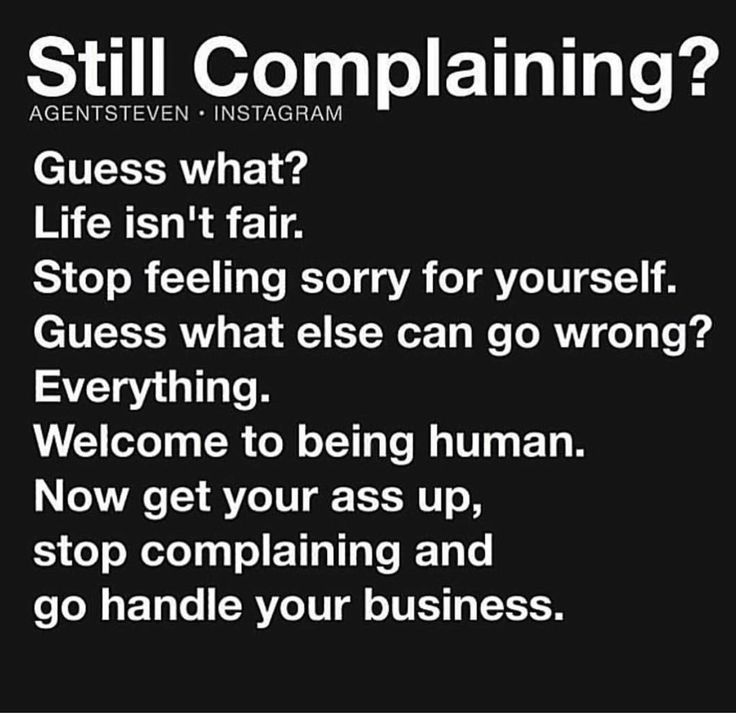
How to deal with self-pity?
American therapist and spirituality specialist Deepak Chopra believes that self-pity is directly related to the feeling that we are not good enough, that others are able to make more thoughtful and correct decisions. In other words, we are talking about low self-esteem. Without influential and wise mentors, we feel inner weakness, we blame external circumstances or other people for our misfortunes. How can one not take such a passive position and not get lost in all-consuming self-pity? nine0005
1. Develop as a person
Constant spiritual and personal growth will help enrich your inner world and increase self-esteem. To stimulate personal growth, read inspiring literature and attend seminars on topics such as "personal integrity", "belief in yourself", "accepting responsibility", "the path to success" and others. Other things that can help boost self-esteem are regular exercise, proper nutrition, meditation, and new hobbies that expand your social circle.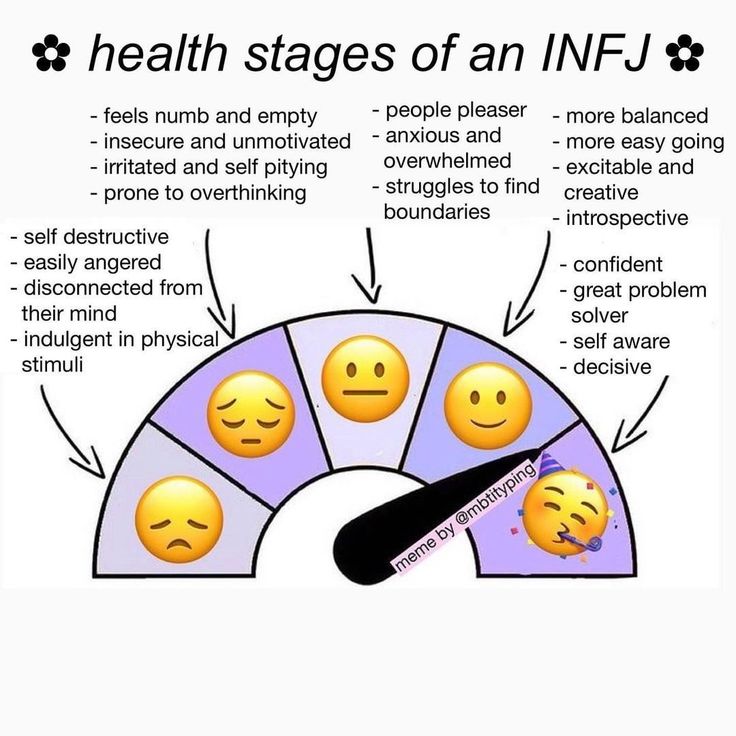 Becoming a strong personality does not happen in a day or two. It is a process that takes effort and time. But trust me, it's worth it: once you look back, you'll be amazed at your transformation. nine0005
Becoming a strong personality does not happen in a day or two. It is a process that takes effort and time. But trust me, it's worth it: once you look back, you'll be amazed at your transformation. nine0005
2. Take action
What if you have already felt the surging emotions of sadness and felt like a victim of circumstances? Try to understand the cause of internal discomfort. Let's say someone from the inner circle again treated you dismissively. Instead of complaining and worrying, correct this situation and do it as quickly as possible. Alternatively, talk to the offender, talk about your feelings and give them a chance to make amends. Or you can firmly decide that this relationship no longer suits you, because it has become too toxic, and simply end it. The main thing is to act quickly, with a positive attitude and with an eye on your fundamental values. nine0005
3. Discuss your situation with people you trust
Friedrich Nietzsche once said, "There are no facts, only interpretations.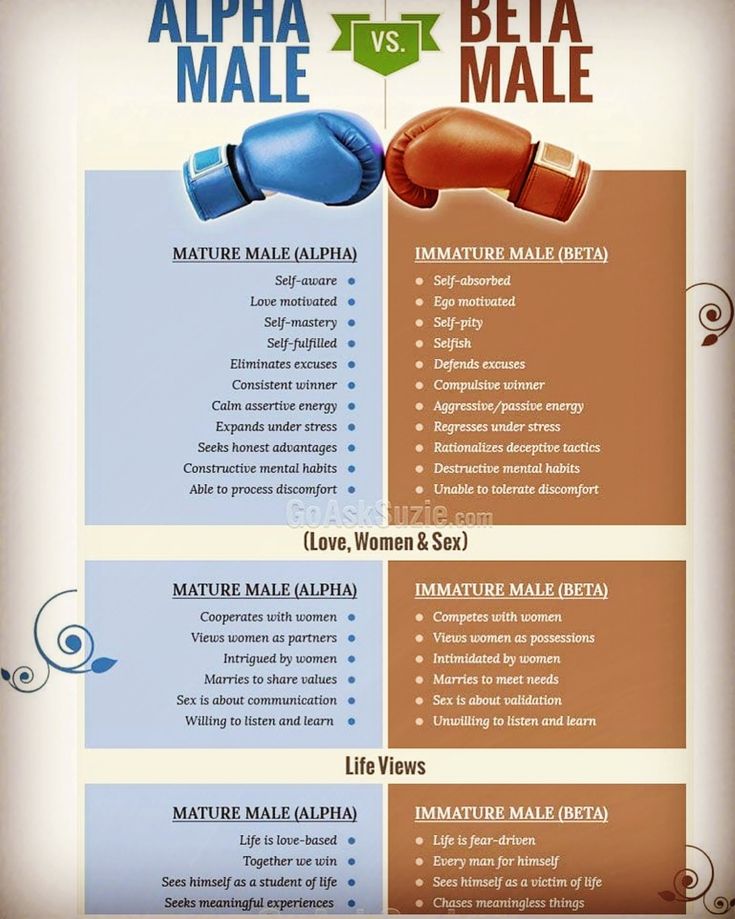 " If your condition has become deeply depressed and your thoughts are clouded, it makes sense to seek help from another person. It could be a friend whose opinion you trust. Or a specialist psychologist, if you are embarrassed to discuss your problems with someone close to you. There is a chance that another person will help you see the situation in a new way, give advice. The main thing is to regain control over your life and say goodbye to the role of a powerless victim of circumstances. nine0005
" If your condition has become deeply depressed and your thoughts are clouded, it makes sense to seek help from another person. It could be a friend whose opinion you trust. Or a specialist psychologist, if you are embarrassed to discuss your problems with someone close to you. There is a chance that another person will help you see the situation in a new way, give advice. The main thing is to regain control over your life and say goodbye to the role of a powerless victim of circumstances. nine0005
4. Help others
One way to overcome self-pity is to be a part of the life of someone who really needs it. It could be volunteering at a homeless animal shelter, helping out at a nursing home, or simply paying a courtesy call to a colleague who is in the hospital. By helping others, you will turn your attention away from your problems and realize the power to change the world for the better. Once you regain your self-confidence, you will certainly begin to see life in a more positive light.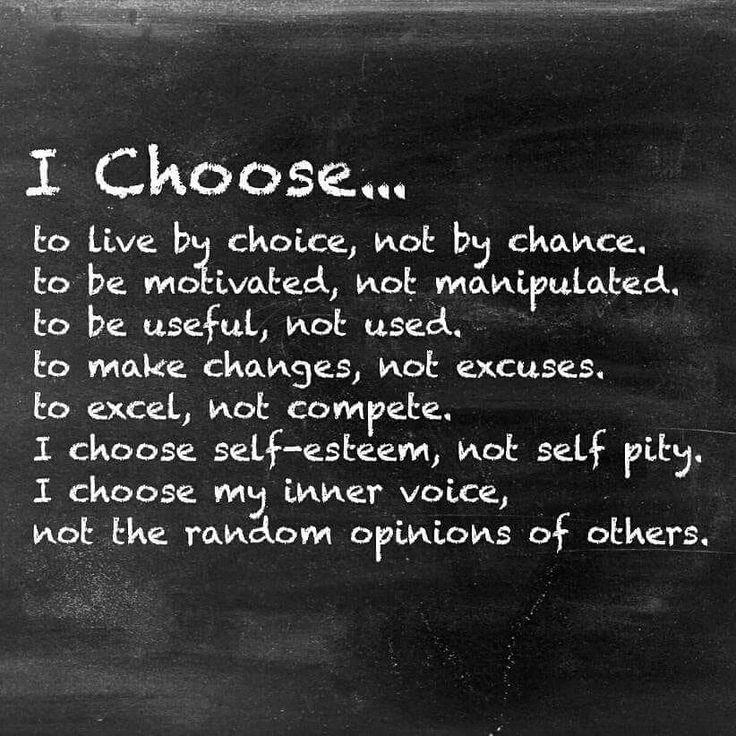 nine0005
nine0005
5. Read inspirational quotes every day
It's amazing how these short but capacious statements can change our attitude to difficult situations. We at How to Green love inspirational quotes and often share our findings with you. Get a collection of quotes and randomly open it to one of the pages every morning. Consider the chosen statement as your motto. This simple trick will add positivity and set the right tone for even the most difficult day. nine0005
Self-pity is a form of selfishness and the strongest destructive habit. If you succumb to it, it is easy to lose all control over your life. The result is even greater disappointment and pain. Is this what you want for yourself? We are sure not. Of course, anything can happen: life is unpredictable, and it is not forbidden to cry and be sad. It is only important to take a breath in time and continue on your way. And how your fate will turn out depends entirely on you. nine0005
Tags: control over emotions self-control self improvement psychology
Self-pity - causes and ways to fight
Many people experience self-pity . At the same time, modern psychologists believe that among all emotions, it destroys a person the most, both inside and out. When we begin to feel sorry for ourselves, we develop negative thinking. nine0005
At the same time, modern psychologists believe that among all emotions, it destroys a person the most, both inside and out. When we begin to feel sorry for ourselves, we develop negative thinking. nine0005
Self-pity (also self-pity) is the emotion of self-pity. Usually caused by stress, accompanied by feelings of sadness and aggravated injustice, characterized by envy of those who are “more fortunate” (typical “inner monologue” questions are “why me?”, “What did I do to deserve this?”).
It is worth noting that self-pity can also manifest itself on a subconscious level. This leads to the fact that it begins to increasingly influence our behavior and thinking. As a consequence, we become puppets of this feeling when faced with stressful situations. nine0005
That is why psychology deals with this issue.
A person suffering from self-pity will not be able to fully interact with society or find the right solutions. And all just because he will develop self-doubt. In difficult circumstances, it will be easier for him to give up than to start overcoming obstacles.
In difficult circumstances, it will be easier for him to give up than to start overcoming obstacles.
What a person once could manage will now seem to him an impossible task. Things or actions important to him in the past may seem completely indifferent and empty. nine0005
In turn, all these factors will further increase self-pity. There will be a vicious circle, from which it will be incredibly difficult to get out.
Next, we will look at the main causes, signs and methods of dealing with self-pity.
Causes of self-pity
Psychologists identify two main reasons why people feel sorry for themselves.
- In the first case, a situation arises in which a person realizes his complete impotence in the face of a particular problem. That is, it becomes completely clear to him that it will not be possible to change the circumstances under any circumstances. For example, a guy realizes that he is breaking up with his beloved forever, but he understands that nothing can change.
 Or when in a physical or intellectual fight with an opponent, a person realizes that he has no chance of winning. nine0126
Or when in a physical or intellectual fight with an opponent, a person realizes that he has no chance of winning. nine0126 - The second reason is the underestimation of one's strengths and capabilities. In such cases, the individual convinces himself that he is absolutely helpless, weak and vulnerable. Such thinking does not allow him to calmly experience life's difficulties. In this case, the attitude plays an important role: if I believe in myself, then I can handle it, and if I am weak, it really is.
Common reasons for self-pity may include simpler explanations: nostalgia, physical pain, humiliation, resentment, injustice, insults, boredom, and much more. nine0005
But even with the understanding of such phenomena, it will begin to seem to a person that this is his essence, or just such a time, although in reality everything will be completely different. Therefore, it is very important for each of us to be able to determine this decaying state.
Signs of self-pity
Most often, self-pity is accompanied by tears, or even sobs. This is how people usually react to mental or physical pain. In the modern world, tears are considered a sign of weakness, especially for men. However, we all tend to experience pain, everyone just endures it differently. nine0005
This is how people usually react to mental or physical pain. In the modern world, tears are considered a sign of weakness, especially for men. However, we all tend to experience pain, everyone just endures it differently. nine0005
In addition to tears, self-pity is often expressed in a bad mood, indifference to everything, resentment and other negative emotions. And if you do not fight this problem, it can easily lead to physical illness.
Let's look at 3 effective steps to help you get rid of self-pity.
How to overcome self-pity
Remember that the steps presented must be completed in sequence and in full. Otherwise, you won't get good results. nine0005
-
Determine the cause of self-pity
First of all, you must think about your problem. To do this, you need to look at it as objectively as possible. Ask yourself the following questions:
- What makes you feel sorry for yourself?
- How do you usually deal with problems?
- Do you expect the situation to resolve itself without your participation?
You should not avoid responsibility for your actions, but rather be fully aware of what you are doing.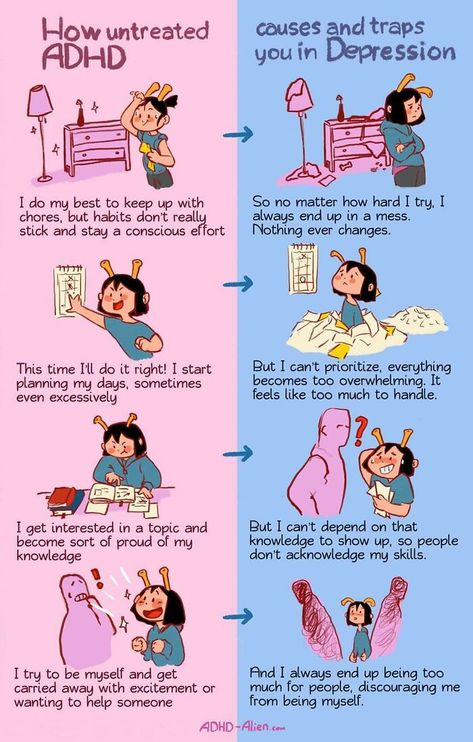 Remember that only you are the creator of your life. In such circumstances, it is more appropriate to ask the following questions:
Remember that only you are the creator of your life. In such circumstances, it is more appropriate to ask the following questions:
- What am I doing wrong?
- How can I influence the situation?
- What can be done to change circumstances in your favor?
By reflecting on the questions presented, you will be able to move in the right direction, since you yourself have decided to take responsibility for your actions.
-
Shape a new vision
After realizing that it is you who is the cause of your own troubles, you will be able to get rid of the feeling of self-pity. You will stop feeling like a victim and thinking that the whole world is against you. nine0005
Analyze your life and make a plan for how you can make it better and more interesting.
Do not forget that only he can become a self-pitying person who will keep the situation under control and take responsibility for his own actions. Try to look to the future with optimism, get rid of negative emotions and be self-confident.
Try to look to the future with optimism, get rid of negative emotions and be self-confident.
-
Benefits List
Self-pity is shown not so much by losers as by those who constantly demand something and who always lack something. Look at yourself from the side. Let you not have an expensive car, phone or branded clothes. But is this the problem? Is this the reason why you will not love yourself and your life?! nine0005
Take a clean sheet of paper and get ready for some serious introspection. Write on it all your positive qualities and achievements that you have achieved so far. List your talents, skills, knowledge, deeds.
For example, you know one or more languages, can sing or dance, cook well, are not prone to conflicts, etc. You can even list recent jokes or anecdotes that have caused delight in the people around you.
You will soon see that you are unique in your own way and even have many qualities that others can only dream of.